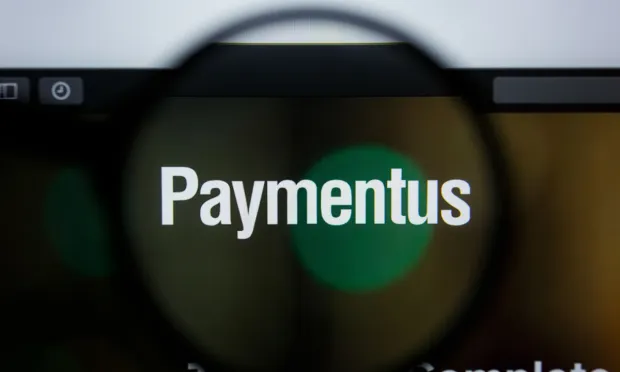
The business-to-business (B2B) payments landscape has undergone two-plus decades of digitization and innovation.
And the particularly rapid acceleration of that digitization over just the past few years has wrought significant changes — and brought numerous benefits — to the way businesses transact and move money.
It has also changed the way businesses across industries expect to be paid, and to pay.
The overall impact that the twin pillars of digital advancement and technological innovation have had on the B2B billing segment of the payments ecosystem cannot be overstated.
“Wherever there is a bill, there is a payment,” electronic billing and payments platform provider Paymentus Holdings’ Founder and CEO Dushyant Sharma said on Monday’s (March 4) investor call for the company’s fourth quarter and full year ended Dec. 31 financial results.
During Monday’s earnings presentation the company revealed that it had digitally processed 124.8 million transactions in the fourth quarter of 2023, an increase of 28.4% from the fourth quarter of 2022.
For the full year 2023, Paymentus processed 458.2 million transactions — an increase of 24.9% from the full year 2022, per its financial results.
“We have millions of … small businesses interacting on our platform and the ecosystem. And finally, we have clients who are disbursing and paying out millions of dollars using our payout and disbursement platforms. These billers, businesses, banks, credit unions, and SMBs all engage our direct product offerings that uniquely address their specific business and payment workflows,” Sharma said.
CFO Sanjay Kalra mentioned that the company plans to invest in sales and marketing to support future growth.
Solving for Common Pain Points
In 2023, the average American received and paid more than 16.8 monthly bills. PYMNTS Intelligence has found that many Americans are seeking a single, inclusive and convenient platform to view and pay their bills.
The situation is no different for businesses.
And fortunately, the digital billing space continues to evolve as technology advances, and businesses seek to provide seamless, secure, and user-friendly experiences for their customers. This transformation is driven by a desire to enhance efficiency, reduce costs, and adapt to changing preferences on both sides of the transaction.
And this digital transformation of the bill pay experience is increasingly happening across sector verticals, as wholesale B2B, healthcare, and other firms seek to transform and modernize their bill pay operations to remain competitive.
As Paymentus executives noted on Monday’s call, the company has seen its insurance, utilities, government, real estate and retail verticals expand and sign new clients.
The company also reported in its materials that during 2023 Paymentus implemented billers in multiple verticals: utilities, insurance, commercial entities, property management, government agencies and financial institutions.
Paymentus’ strong financial performance was driven by increased transactions from existing billers, the launch of new billers, and growth in its instant payment network (IPN) business. The company signed several notable and large clients, including insurance companies, utilities, government agencies, property management companies, and businesses in various other verticals.
CEO Sharma told investors that the company’s 2023 financial performance only represents a subset of the opportunities arising from its framework.
Paymentus’ earnings and revenue for the quarter both came in higher than consensus Wall Street estimates.
“Paymentus again reported quarterly results that exceeded our original expectations as revenue rose 24.7%, contribution profit grew 22.7% and adjusted EBITDA was up 95.4% year-over-year. We also ended the year on solid footing with a strong backlog, which we believe leaves us well positioned for continued growth in 2024,” noted Sharma on the conference call with analysts.
The company’s quarterly revenue was $164.8 million, an increase of 24.7% year over year, which executives noted was driven largely by increased transactions.
As of reporting, the company’s stock was up 25% on the news of its earnings.





























